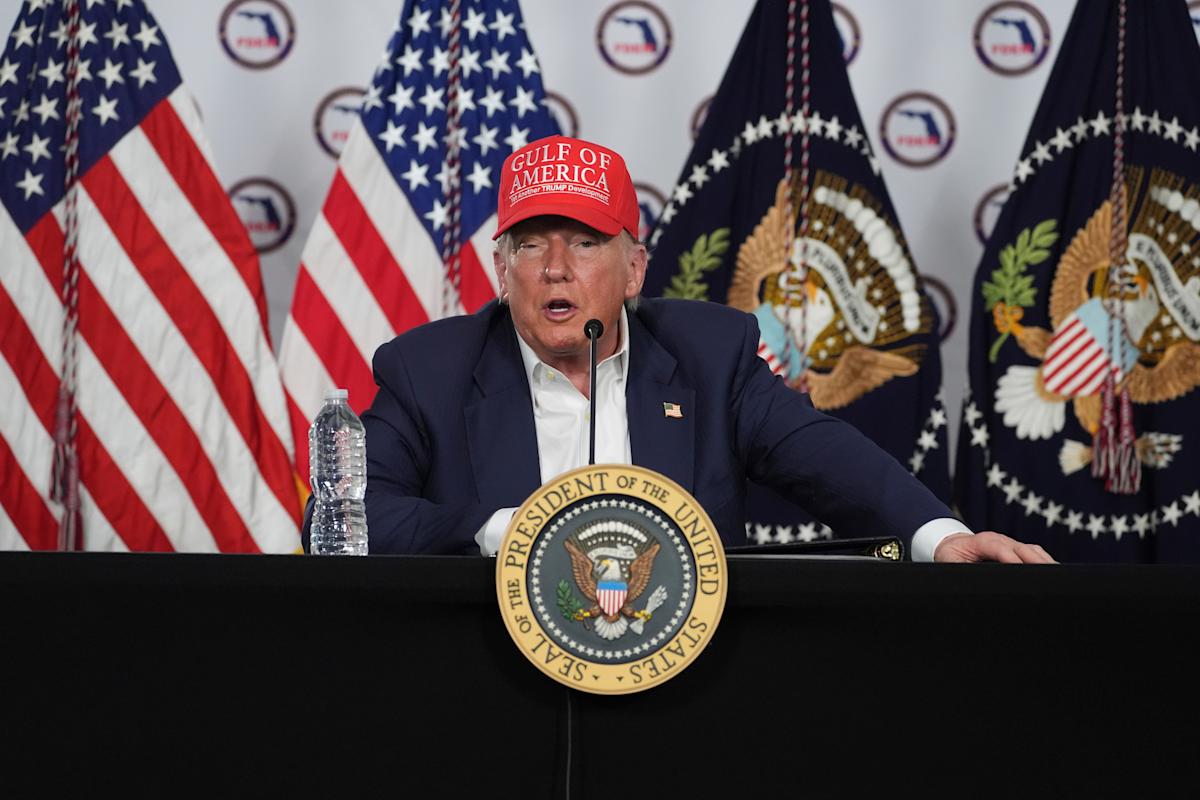Stocks ended a holiday-shortened trading week at record highs as a better-than-expected June jobs report cooled fears of a broader slowdown brewing in the US economy.
The S&P 500 (^GSPC) rose 1.7% to end the week at a record close of 6,279.35. The Nasdaq Composite (^IXIC) also popped about 1.6% and ended the week at a record close of its own at 20,601. Meanwhile, the Dow Jones Industrial Average (^DJI) added 2.3% and is roughly 300 points from a record close.
In the week ahead, a quiet schedule for economic data releases will put President Trump’s self-imposed 90-day tariff delay deadline of July 9 in focus. Delta (DAL) is expected to lead a subdued week for quarterly financial reports when it releases its results on Thursday. Minutes from the Federal Reserve’s June meeting are also expected to be released on Wednesday.
The market’s worst fears over tariffs have subsided amid a pause on many of President Trump’s most aggressive tariffs. The initial 90-day pause Trump placed on his “Liberation Day” reciprocal tariffs from April 2 is set to expire on July 9.
However, on Monday, President Trump warned that any country embracing the “anti-American” policies of the BRICS bloc nations will face an extra 10% tariff on exports.
“Any Country aligning themselves with the anti-American policies of BRICS, will be charged an ADDITIONAL 10% Tariff. There will be no exceptions to this policy,” Trump posted on his Truth Social network late on Sunday, without elaborating.
Leading into the self-imposed deadline, it remains unclear what exactly will happen in terms of trade agreements with other countries. Most recently, Trump announced a deal with Vietnam, but other deals with key trading partners, such as the European Union and Canada, remain in question.
Treasury Secretary Scott Bessent has said around 100 partners would likely see a minimum “reciprocal” rate of 10% come next week, adding that he expects a “flurry” of deals to materialize before the deadline.
Some on Wall Street have argued that the market has already likely priced in an outcome where the estimated effective tariff rate doesn’t skyrocket again as it did on April 2.
“Market participants appear fairly sanguine about what might happen on 9th July,” Capital Economics chef global economist Jennifer McKeown wrote in a note to clients on July 2. “The widespread assumption seems to be that the administration will not risk a repeat of the 2nd April turmoil and instead kick the can down the road with another round of extensions.”
